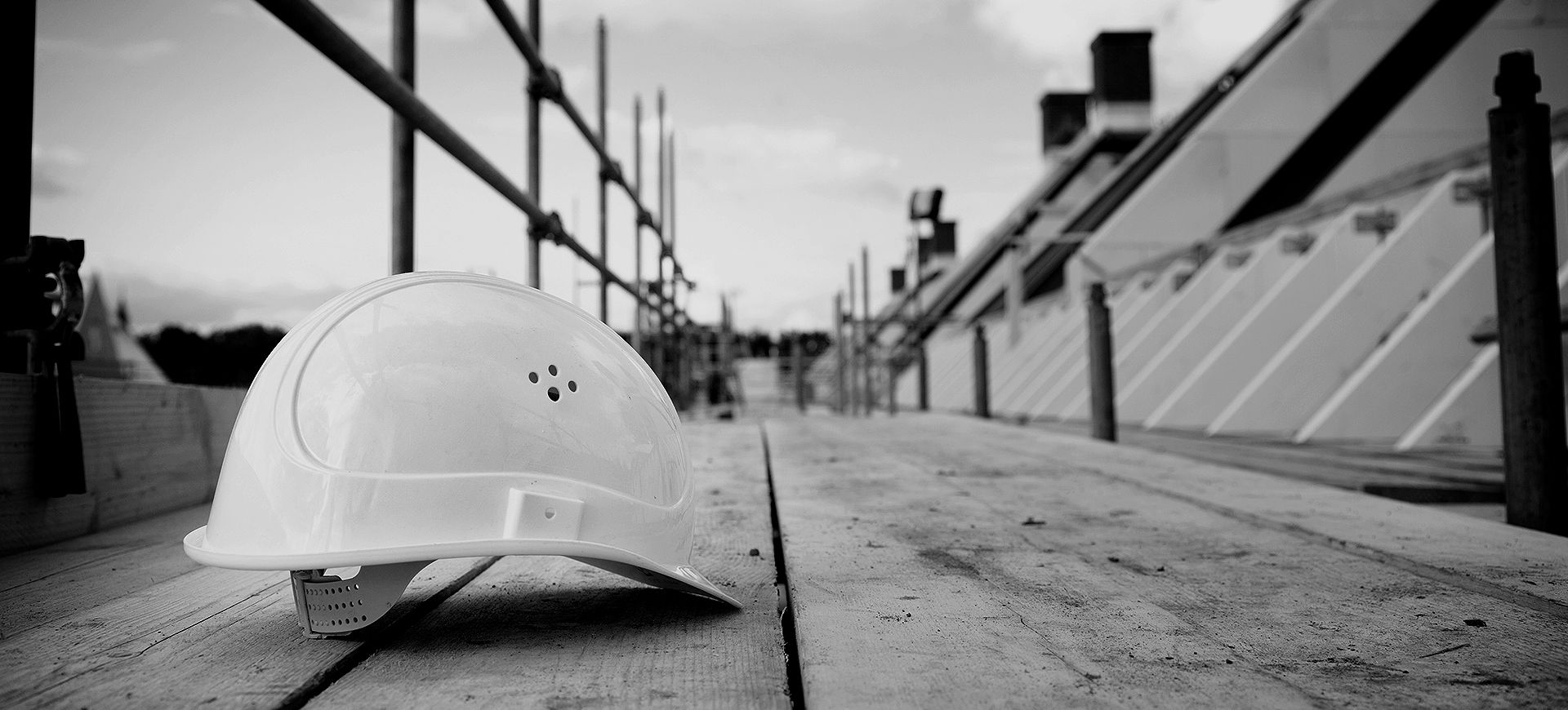Plumbing repair encompasses a broad range of tasks aimed at diagnosing, fixing, and maintaining plumbing systems and fixtures within residential and commercial properties. This essential service is crucial for ensuring that water flows efficiently, waste is properly disposed of, and the overall health of the plumbing infrastructure is maintained.
Types of Plumbing Repairs
- Leak Repairs: One of the most common issues faced by homeowners, leaks can occur in pipes, faucets, toilet tanks, or showerheads. These leaks not only waste water but can also lead to more serious structural damage and mold growth if left untreated. Repairing leaks typically involves locating the source, which might require cutting into walls or ceilings, and replacing damaged components such as washers, O-rings, or even entire sections of piping.
- Clogged Drains: Over time, drains can become clogged due to the buildup of grease, hair, soap scum, or foreign objects. Professionals utilize various techniques to clear blockages, ranging from plungers and drain snakes to high-pressure water jets (hydro jetting). In some cases, a camera inspection might be necessary to diagnose the cause of persistent clogs and assess the condition of the pipes.
- Toilet Repairs: Toilets can exhibit a variety of problems, such as flushing issues, constant running, or leaks at the base. Repairs might involve replacing the flapper, adjusting the ballcock, or sealing the wax ring. In more severe cases, a full toilet replacement may be warranted.
- Faucet and Fixture Repairs: Faucets may drip due to worn-out cartridges or seals. Repairing or replacing these components can often resolve the issue. Additionally, sink and tub fixtures may require adjustments or replacements to improve water flow, temperature regulation, or aesthetic appeal.
- Water Heater Repairs: Hot water systems can experience issues such as insufficient heating, strange noises, leaks, or discolored water. Repairing a water heater may involve replacing heating elements, thermostats, or addressing sediment buildup. In severe cases, it may be more economical to replace the unit entirely.
- Pipe Repairs and Replacements: Aging pipes can develop rust, corrosion, or cracks, necessitating repairs or replacement. Various materials are used for plumbing, including PVC, copper, and PEX, each requiring different repair techniques. In cases of widespread deterioration, repiping may be the most effective solution.
- Sewer Line Repairs: Problems within the sewer line can lead to major plumbing issues, including backups and foul odors. Repairing sewer lines may involve traditional excavation methods or newer trenchless technology, which minimizes disruption to landscaping and infrastructure.
Steps Involved in Plumbing Repair
- Inspection and Diagnosis: A skilled plumber will begin with a thorough assessment of the plumbing system to identify the specific issue. This may involve checking water pressure, examining fixtures, and using diagnostic tools like cameras to inspect hidden areas.
- Planning the Repair: Once the problem has been diagnosed, the plumber will discuss the required repairs with the homeowner, outlining the necessary steps, materials needed, and cost estimates.
- Executing Repairs: Depending on the issue, repairs may range from a simple fix, like replacing a washer, to more complex tasks, such as rerouting pipes or installing new fixtures. Professional-grade tools and techniques will be employed to ensure a secure and lasting solution.
- Testing and Verification: After making the repairs, the plumber will test the system to ensure that everything is functioning properly. This may involve running water through the affected areas and checking for leaks or any lingering issues.
- Clean-Up: A professional plumber will often leave the work area clean and tidy, ensuring no debris or tools are left behind, thereby allowing the homeowner to resume normal activities in their space.
Importance of Professional Plumbing Repair
While some minor plumbing issues can be managed by homeowners, seeking the expertise of a licensed plumber is advisable for significant repairs. Professional plumbers have the training, experience, and tools to efficiently handle complex plumbing problems while adhering to local codes and regulations. Moreover, proper repairs can prevent future issues, save on water bills, and enhance the overall comfort and safety of a property.
In conclusion, plumbing repair is a vital aspect of property maintenance. By understanding the various types of repairs and the processes involved, homeowners can make informed decisions about their plumbing needs and ensure the longevity and efficiency of their plumbing systems.
